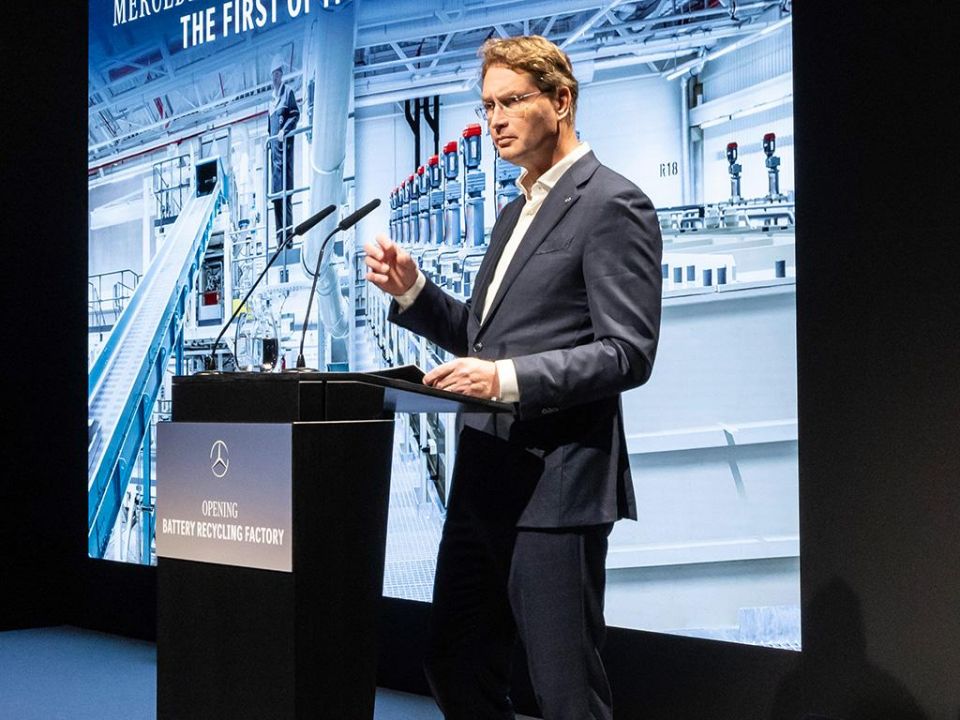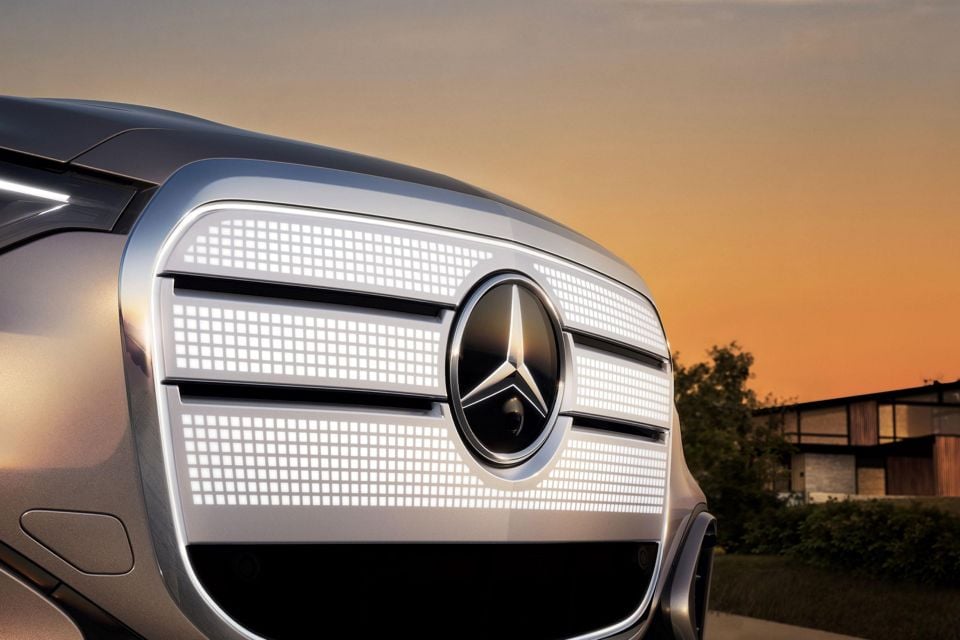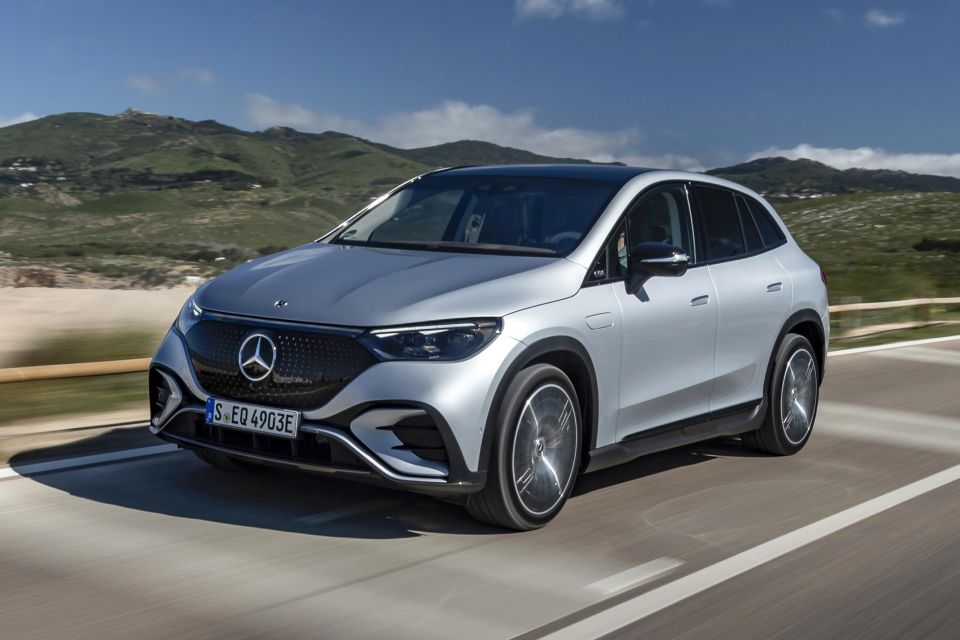Mercedes-Benz CEO Ola Kallenius has told a German newspaper the European car industry is facing “collapse” if the planned 2035 ban on the sale of new internal combustion engine-powered vehicles goes ahead.
In the interview with Handelsblatt, the Mercedes-Benz boss spoke about the ICE ban, saying, “We need to do a reality check, otherwise, we will drive full throttle against the wall.”
He added that the European auto industry could “collapse” if the 2035 ban on the sale of ICE-powered vehicles, which the European Union (EU) is due to review in the second half of this year, remains in place.
Mr Kallenius is also the head of the European Automobile Manufacturers Association (ACEA), which has previously supported a 100 per cent reduction in carbon dioxide vehicle emissions, a ‘de facto’ ban on internal combustion engine sales, by 2035.
CarExpert can save you thousands on a new car. Click here to get a great deal.

It follows comments from Carlos Tavares, the previous CEO of Stellantis – owner of brands including Alfa Romeo, Maserati and Peugeot – who said the move would cause “social consequences”.
Australia doesn’t have a national plan to ban sales of ICE vehicles, however the Australian Capital Territory (ACT) announced its own 2035 ban.
The Mercedes-Benz boss, reports Handelsblatt, said a firm deadline on the sales ban of petrol and diesel internal combustion engines shouldn’t be put in place.
Mr Kallenius didn’t call for more tariffs on imports, having previously suggested them as the “crudest instrument” in dealing with increased competition from more affordable EVs, predominantly (but not only) from China, in Europe.
Instead, he suggested greater incentives for consumers to buy electric vehicles (EVs) should be implemented, with cheaper electricity at charging stations, for example.

“Of course we have to decarbonise, but it has to be done in a technology-neutral way. We must not lose sight of our economy,” Mr Kaellenius said.
“That’s no use to our climate.”
The comments came as the global auto industry faces headwinds from other factors, such as the impact of import tariffs into the US – the world’s second-largest car market, and Mercedes-Benz’s second biggest for passenger cars after China, too.
“Our industry is experiencing heavy rain, hail, storm and snow at the same time. Auto construction is a tough business, more than ever,” Mr Kallenius said.
The Mercedes-Benz chief has admitted the automaker made mistakes in its approach to EVs, which saw it suspend sales of some electric models in the US due to slow sales.

Mercedes-Benz sold 2.4 million vehicles in 2024, a fall of 4 per cent year-on-year, with a decline of 24 per cent for its EVs.
In Australia, the brand is currently offering discounts of up to $70,000 on several electric models, and among its EVs only the EQB and EQE SUV have posted year-on-year increases so far in 2025.
Mercedes-Benz is moving away from offering EVs with dramatically different styling and unique nameplates to its ICE models.
EQ names are being phased out, and the brand is moving to a “coherent” design language across its portfolio.
Mercedes-Benz will launch a new mid-size electric SUV – the GLC with EQ Technology, which replaces the old EQC – at next month’s IAA Mobility Show in the hometown of arch-rival BMW, which will reveal the rival BMW iX3 that will be the first of its ‘Neue Klasse’ generation of EVs.
MORE: Explore the Mercedes-Benz showroom
MORE: Why Mercedes-Benz isn’t worried about losing sales battle with BMW in Australia

